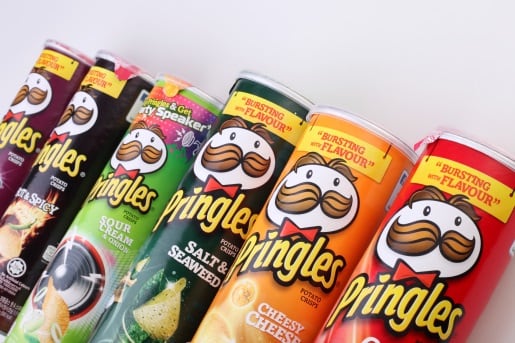The air carrier received approval from the Ministry of Primary Industries (MPI) to work with its catering company LSG Sky Chefs on the initiative to reduce in-flight waste.
Called Project Green, the project is part of Air New Zealand’s wider sustainability goals, which were outlined in its 105-page annual 2017 sustainability report released this week.
Food waste outstrips aviation emissions
According to Environment and Conservation Organisations of New Zealand (ECO) executive office Michael Pringle, food waste is a bigger problem than aviation emissions in New Zealand.
Historically, the country’s strict biosecurity standards meant that all untouched snacks and beverages from international flights had to be unloaded and sent to landfill for burning or burying.

However, the MPI has now granted the airline permission to reuse 40 of its Made in New Zealand products, including cookies, sugar, water and soft drinks.
Cabin crew and caterers will take extra handling measures to separate used and un-used sealed products, which will be put back into circulation on its carriers.
Brands available on board include Verkerks, Cookie Time, Nuttz and Kellogg's Pringles, among others.
The results tell the tale
Project Green has been in action for one month and Air New Zealand has so far data suggests it has diverted 13 tons of waste, including 480 kg of sugar, 3.5 tons of bottled water and 266,000 plastic cups.
It plans to upscale efforts to recycle 150,000 kg rubbish a year.
"Project Green is an outstanding example how airlines can work with border regulators to develop solutions to reduce cabin waste without comprising quarantine controls,” said Alan Gaskin, head of Operation Delivery, Air New Zealand.
The MPI will randomly audit Air New Zealand and LSG to monitor its measures.
Plug-in planes
Tourism is the biggest export earner for New Zealand, contributing over $12.9bn to the country’s total GDP, so it make sense the airline focuses on sustainable development to ensure that social and environment challenges are properly balanced with economic drivers, said CEO Christopher Luxon.
He said the company has made traction in addressing issues like reducing its carbon footprint, but still needed to “find a better way forward”.
The aviation industry needs to find low-carbon alternative fuel options soon to meet targets set out in the Paris Climate Agreement.
Meanwhile, the company has begun plugging its grounded long-haul planes into electricity sources at Auckland and Christchurch International Airports.
A spokesperson for Qantas said the Australian airline carrier was also introducing a recycling program.
Previously, jet fuel was used to power units to top up air conditioning and lighting while planes waited on the tarmac, which generated more than 4,500,000 kg of carbon emissions annually.
Other sustainability issues in the report include employee engagement, community investment, the advancement of Maoris throughout the organisation, initiating conservation and climate change programs and promoting tourism.

